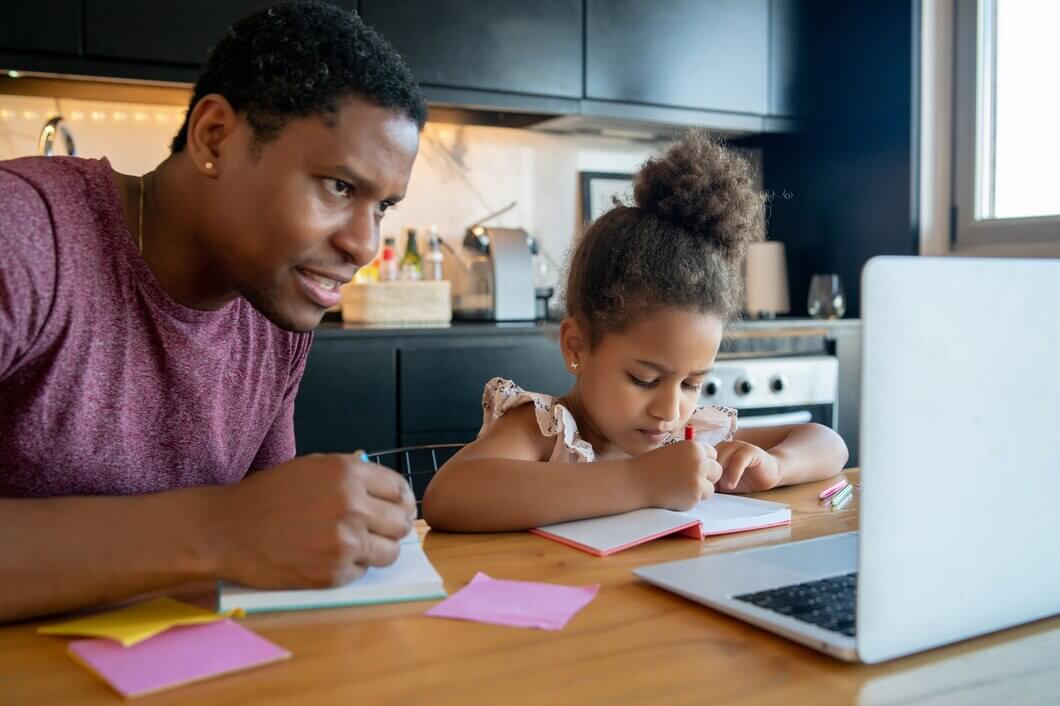what is Unschooling ? Unschooling is an Homeschooling Style. It allows children to grow through daily life, play, and real experiences.
This approach helps kids learn at their own pace and follow their interests. With freedom and choice, children stay curious and engaged.
Let’s explore why unschooling, is unschooling legal, and things to think about if you are considering unschooling.
Why unschool?
There are many reasons for families to decide for homeschooling their children, such as:
- A desire for their children to get involved in their own interest.
- The choice of siblings to take classes together instead of getting individual instruction.
- Lowering the pressure on a young student who experienced social or academic difficulties at school.
- The opportunity to learn in different ways, frequently in more creative and useful ways, and at a pace suitable for the kid.
- Desiring a more comfortable method that would ease conflict between parents and kids over completing homework.
- The ability to modify programs on every day instead of following a set schedule and curriculum.
Read more to know 10 Benefits Of Homeschooling
Is unschooling legal?
Absolutely yes, While children must receive a suitable education from the age of compulsory schooling (around the start of the term after their fifth birthday), this education doesn’t have to take place in a school.
Unschoolers will be interested to know that you must provide a full-time education for your child, but you don’t need to follow a timetable or set hours for learning. You also don’t have to follow school hours, days, terms, or any curriculum.
“The government advises that you notify your child’s school if you plan to withdraw them, or inform your local authority if your child hasn’t started school but you plan to home educate.”

Things to think about if you’re considering unschooling
Before starting unschooling, it’s important to understand the method and see if it suits your family. Unschooling is a child-led approach that focuses on curiosity and real-world learning. Think about these questions to make sure you can create a supportive and effective learning environment.
What Are Your Child’s Interests and Learning Style?
- Start by focusing on your child’s unique interests and how they learn best. Some children learn more with visuals, others by listening, and many by doing. When you match learning to their natural style, it becomes easier and more enjoyable.
How Will You Structure Your Day?
- Unschooling often means a flexible schedule, but some structure can be beneficial. Will you have a daily routine, or will learning be driven entirely by spontaneous curiosity? Consider what balance works best for your family.
What Resources Are Available?
- Explore a wide range of learning tools. Books, online courses, apps, museums, nature walks, and community programs all add depth.
- The more resources you use, the more engaging your child’s learning will be.
How Will You Track Progress?
- Since unschooling avoids standard tests, find other ways to measure progress. You could keep a portfolio, use project-based reviews, or observe skill growth over time. This helps you see real improvement.
What Is Your Role as a Parent?
- Your role shifts from teacher to guide. Will you take an active part or allow full independence? Finding the right mix of guidance and freedom ensures your child grows with confidence.
How Will You Handle Socialization?
- Children need social contact to build friendships and skills. Plan meetups through clubs, co-ops, sports, or community events. These regular interactions support healthy social growth.
Are You Prepared for Legal Requirements?
- Each region has specific legal requirements for homeschooling. Check the rules, keep records if needed, and stay compliant. Knowing your responsibilities helps you avoid challenges later.
How Will You Address Core Subjects?
- Even in unschooling, key skills like math, reading, and writing matter. Use projects, games, or real-life tasks to teach these basics naturally. This way, learning stays fun yet effective.
What Support Systems Are in Place?
- Unschooling is easier with support. Join online or local homeschooling groups for advice, resources, and encouragement. A strong network helps both parents and children.
How Will You Foster a Love for Learning?
- The main goal of unschooling is to spark lifelong learning. Build a curious, creative environment. Celebrate growth, encourage discovery, and share the joy of exploring new things together.
Choose Tutorhelpme for Homeschooling
- Personalized Learning – Customized lesson plans designed to match your child’s needs and pace.
- Expert 1-on-1 Tutors – Skilled tutors provide focused, one-on-one instruction across subjects.
- Engaging Lessons – Interactive sessions keep learning enjoyable and effective.
- Flexible Scheduling – Online platform makes it easy to manage homeschooling with other tasks.
- Comprehensive Support – Continuous guidance and feedback to track progress and boost success.
- Academic Excellence – Designed to help your child reach their full potential with confidence.
FAQs
How is homeschooling different from school?
Homeschooling offers flexibility, personalized lessons, and one-on-one support. Traditional schools follow a fixed timetable and set curriculum.
Can homeschooled children take exams like GCSEs or A Levels?
Yes, homeschooled students can register as private candidates and sit for exams like GCSEs and A Levels.
Do I need to be a qualified teacher to homeschool?
No, parents don’t need teaching qualifications. What matters is creating a supportive learning plan and using the right resources.
How many hours a day should homeschooling take?
It depends on your child’s age and needs. Many families spend 2–4 focused hours daily instead of a full school day.

